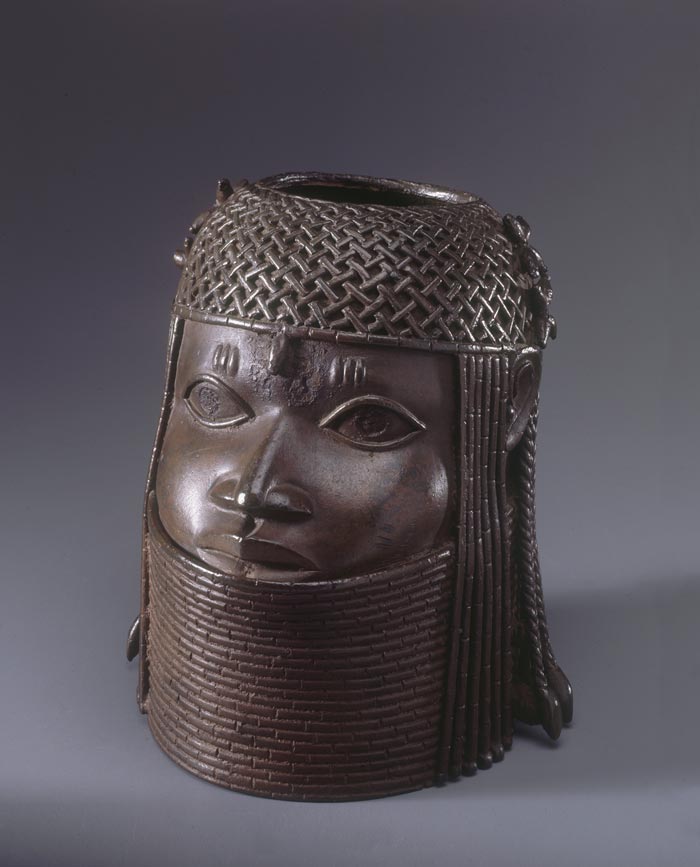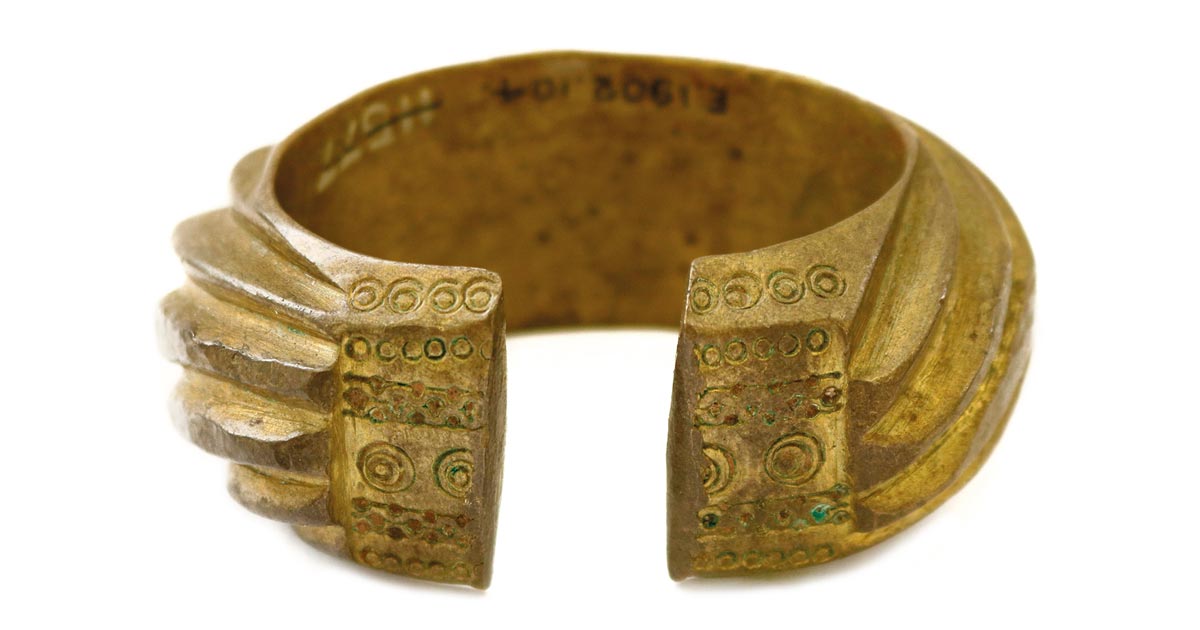
Universidade de Cambridge…and Head of the Oba, or King, two of the artifacts to be returnedUniversidade de Cambridge
The Museum of Archaeology and Anthropology (MAA) at the University of Cambridge is set to return 116 brass, ivory, and wooden objects to Nigeria that were brought to the UK by the British army during the Benin Expedition of 1897. The artifacts not sent back may remain on display, on loan, with the endorsement of Nigeria’s National Commission for Museums and Monuments (The Guardian and Cambridge University bulletin, 14 December). The university’s move follows similar decisions by other museums in the USA and Europe. “Across the international museum sector, there is growing recognition that illegitimately acquired artifacts should be returned to their countries of origin,” Nicholas Thomas, director of the MAA, told Pesquisa FAPESP. In July, Germany returned nearly 1,000 items from its collections to Nigeria. However, not everyone has joined the initiative. Contrary to expectations announced in recent months, the British Museum has declared that for the time being it has no plans to give Greece back marble pieces of the Parthenon, a temple built in Athens in the fifth century BC, claiming they were legally acquired in 1802 by British diplomat Thomas Bruce, 7th Earl of Elgin (1766–1841), who sold them to the museum. The Greek government has been asking the museum to return a 75-meter frieze from the Parthenon since the turn of the twentieth century (Agência France-Presse and Daily Sabah, January 11). Negotiations with the museum are ongoing (New York Times, January 17).
Republish